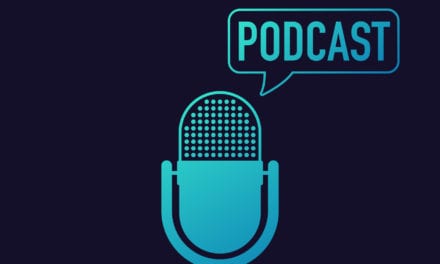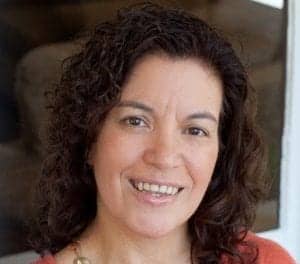Given that the Over-the-Counter (OTC) Hearing Aid Act of 2017 is now law and a new FDA class of OTC hearing aids will be established by the end of 2020, “efforts should now focus on ensuring that older adults also have access to affordable hearing care services,” write Nicholas Reed, AuD, Frank Lin, MD, and Amber Willink, PhD, in a September 13 online first opinion article in JAMA Network. Notably, Dr Lin has been one of the foremost leaders in research associating untreated hearing loss with cognitive decline, dementia, social isolation, falls, and an increased rate of hospitalization; he has also served on the NASEM Committee and been an advocate of OTC hearing aids and alternative distribution models, including the use of community healthcare workers.
The authors cite evidence showing that, while some consumers should benefit from a self-fitted OTC hearing device, others may not be able to adjust or self-manage their hearing devices. Additionally, those who receive care from professionals who use best practices, which includes counseling on communication strategies, experience enhanced benefit from amplification. They also note that most hearing care services are not covered by Medicare, and numerous bills have attempted to improve access, including the current Audiology Patient Choice Act (APCA) which lays the groundwork for audiologists gaining limited license physician (LLP) status (see the April 24, 2018 report in Hearing Review for more information and the controversy surrounding APCA).
Reed and colleagues suggest that a good solution might be to allow audiologists to bill for time-based aural rehabilitation via the existing aural rehabilitation CPT code 92626 for the first hour, and 92627 for each additional 15-minute increment, or co-opt CPT codes used by speech-language pathologists. They write:
“Medicare reimburses speech-language pathologists for aural rehabilitation (CPT code 92507 at $79.92) under Medicare Part B; however, speech-language pathologists do not provide these services in relation to hearing aids and generally focus only on the communication counseling aspect. Audiologists could use the same CPT code (92507) for aural rehabilitation under Medicare Part B to provide communication counseling and auditory training, which would require hearing care to be redefined in the Medicare Act as medically necessary. Although these CPT codes would not necessarily support activities related directly to hearing aids (ie, programming and customization), these codes could support counseling to maximize benefit of OTC hearing aids among Medicare beneficiaries.”
Read the opinion article here.
Source: Reed NS, Lin FR, Willink A. Hearing care access? Focus on clinical services, not devices. JAMA Network. 2018. Published September 13, 2018. doi:10.1001/jama.2018.11649. Available at: https://jamanetwork.com/journals/jama/fullarticle/2702687






I am sorry to say that our profession is in trouble for professional and patient. As audiologists we did not protect our profession from being scoffed up by so many others who are not audiologists. We have our manufacturers who are now our competitors, we have 3pas who are owned by health insurance companies and health insurance companies owned by large pharmacies, we have always had ENT physicians set up corporations in different names and then hire audiologists to work as employees. But the ultimate horror is the sale of online hearing aids via general internet and now on social media and on television each claiming to sell hearing aids that are cheap because the audiologist is being eliminated. Does anyone know HSN now sells hearing aids. CVS and Walgreens each with hearing aid departments. FDA eliminating the need for medical clearance for those over 18 years. Perhaps we as audiologists should have been more vigilant in what is our scope of practice and what past generations of audiologists have fought so hard to make our scope of practice so patients would be protected from unscrupulous door to door salesman and mail order deception. So now folks we’re pulling at straws to demonstrate our importance as audiologists. Let’s take back our profession before it’s too late. It’s up to each of us as audiologists to protect our profession and our future.
I agree with many of your points, Carol. It’s quite hilarious that this article was written by a Ph.D. who obviously has absolutely no clue whatsoever about private practice costs. Suggesting that anyone could keep their doors open on what Medicare pays for anything is an absolute joke. Yes, these are challenging times for audiologists and for our profession. Most millennials, who are the new graduates are not interested in private practice, while manufacturers are buying them up in droves. I predict the VA employee numbers will continue to swell and most of those who are remaining will be low-paid employees.
Professionals who successfully bring in a reasonable paycheck embrace the private practice model, and they band together based on their common interests, e.g., optometrists, dentists, chiropractors, and physicians.